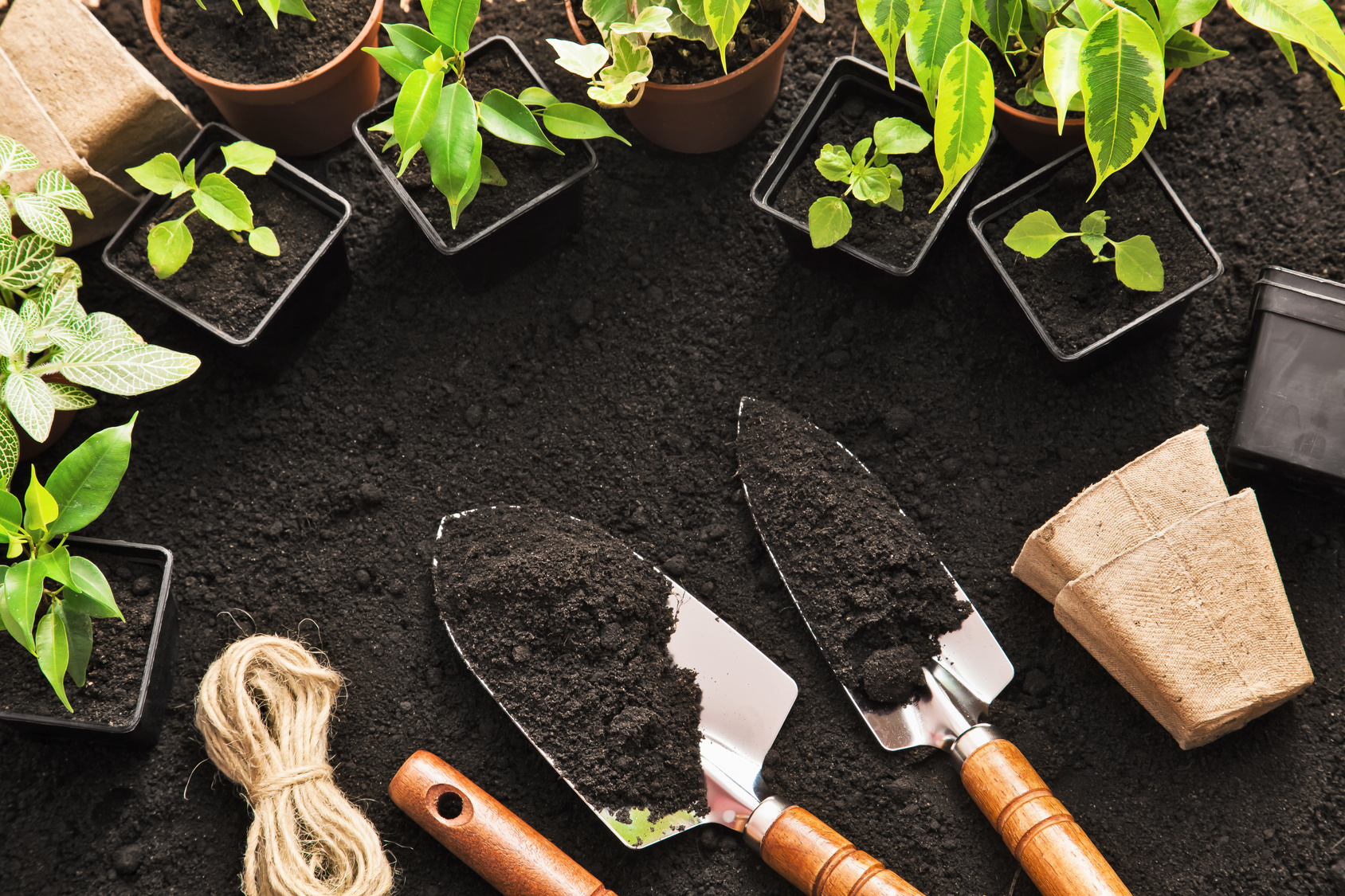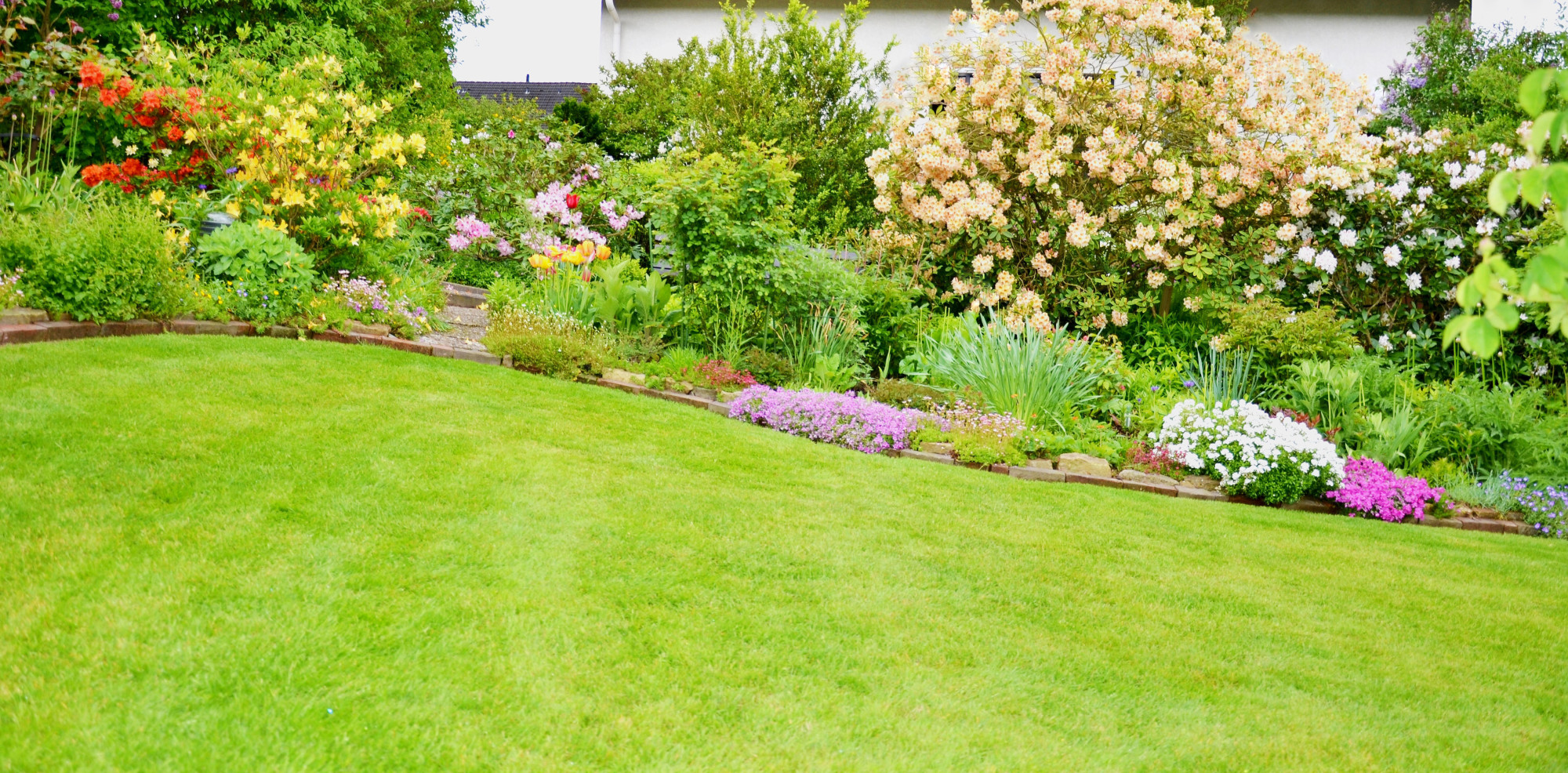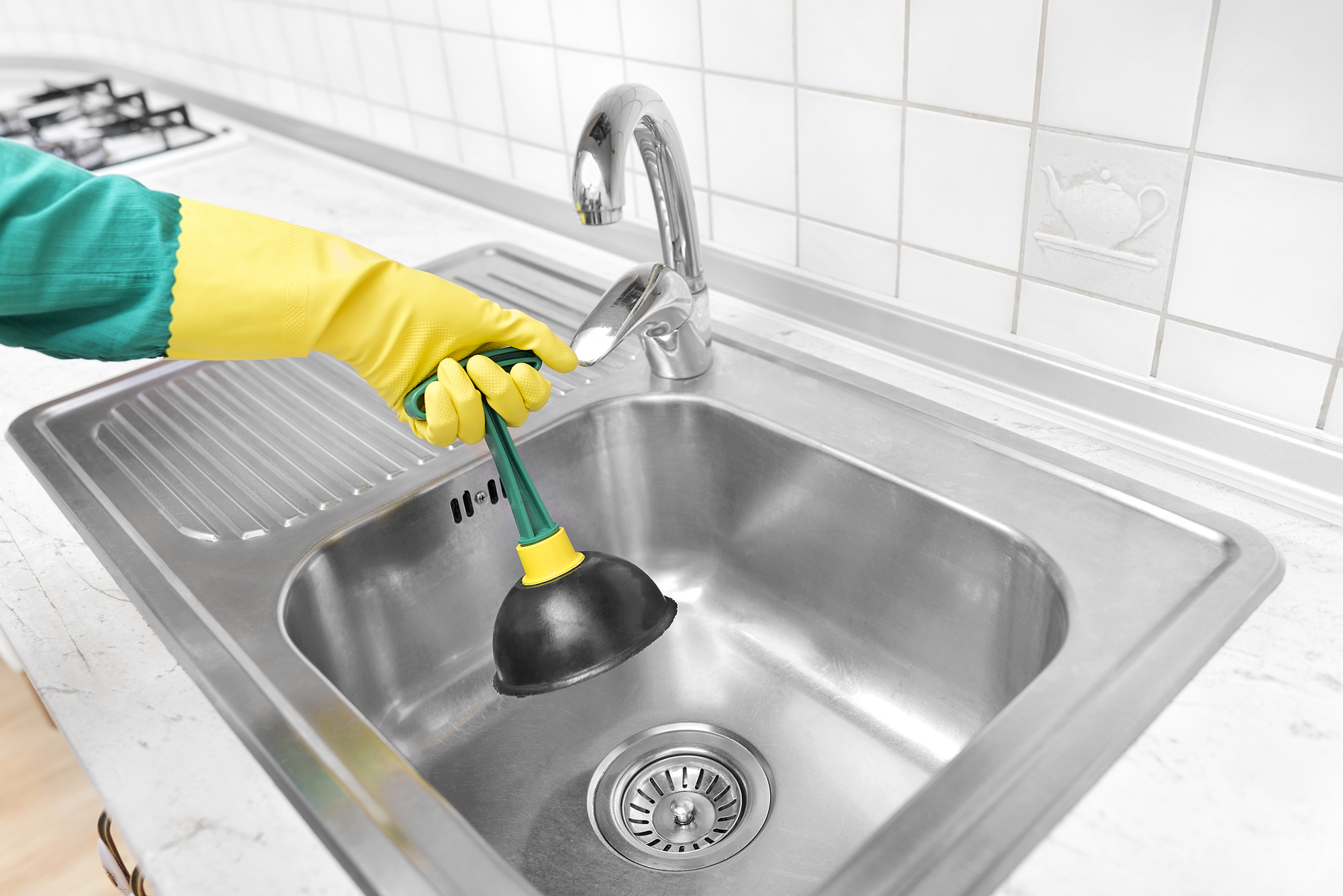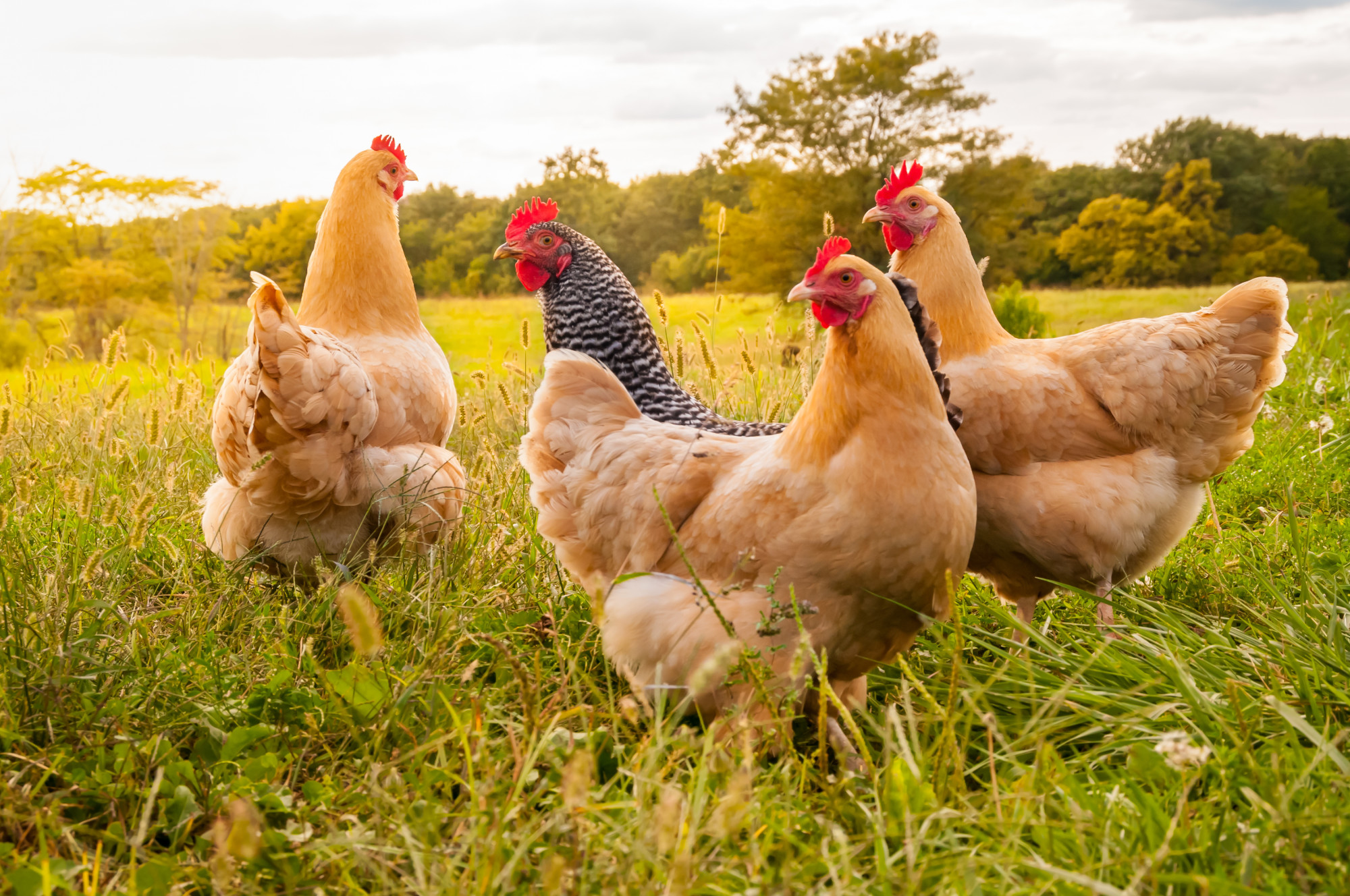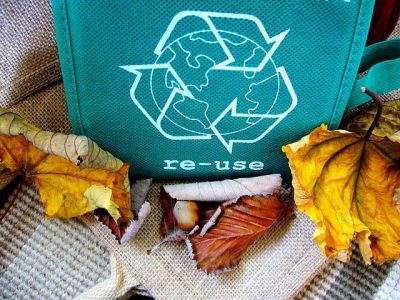A self sustaining garden can feed a family for generations. Not only is it a cost-effective way to get fresh fruits and vegetables, but the gardens serve as a way for us to give back to the earth.
Here are 5 things you need for a self sustaining garden:
Natural Soil
In order for your plants to grow large and healthy, the soil you grow them in needs to be packed with nutrients. The key is to use composted soil, grass, or mulch for your plants to reach their maximum potential.
The soil you use is also hugely dependent on climate. If you live in a warm area, you might want to look into the best grass for South Florida.
Not only does using natural soil provide your plants with more food to grow, it also holds water much better than processed soil. This means that you will only have to water your plants intermittently.
If you live in a particularly rainy region, you may rarely have to water your plants at all.
Sustainable Water Source
Most gardeners will need to water their plants at least once in a while. To be even more sustainable, you should try to make sure your water source is independent, especially if you live in an area experiencing drought.
Consider buying or building a system for collecting rainwater. You can run a pipe or a hose from the collection barrel to your garden, ensuring that you will always have water when you need it without upsetting the ecosystem at large.
Disease Control Methods
Sustainable gardens are naturally resistant to pests and disease, because the stronger they are, the more likely they will be able to fend off predatory elements themselves.
If you happen to come across pests and disease in your garden and you need help fighting them off, stay away from commercially available pest control products. Most products available on the market for this purpose harm the environment.
The best way to prevent against pests and diseases is to plant fruits and vegetables that compliment each other and fight off predators together.
The Right Fruits and Vegetables
For your garden, you want to plant fruits and vegetables that are very useful for cooking but do not need continuous maintenance. Root vegetables are fantastic additions to sustainable gardens for this exact reason.
You should also consider planting herbs to flavor your food year round. Cucumbers, tomatoes, and peppers are also great options because they are easy to grow, and if you grow too many, you can always pickle them and serve them in the winter.
Strawberries and blueberries are also low-maintenance fruits that can be used to make delicious preserves.
A Self Sustaining Garden Requires a Gentle Touch
If want your garden to grow and prosper, you need to allow it to. Using aggressive pruning tactics can permanently damage your crops.
The point of a sustainable garden is to enable it to sustain itself. Once you plant your fruits and vegetables, nature will do most of the work for you. All you have to do is perform some light maintenance and reap the benefits.
Learn more about leading a sustainable life and do your part to save our planet!

